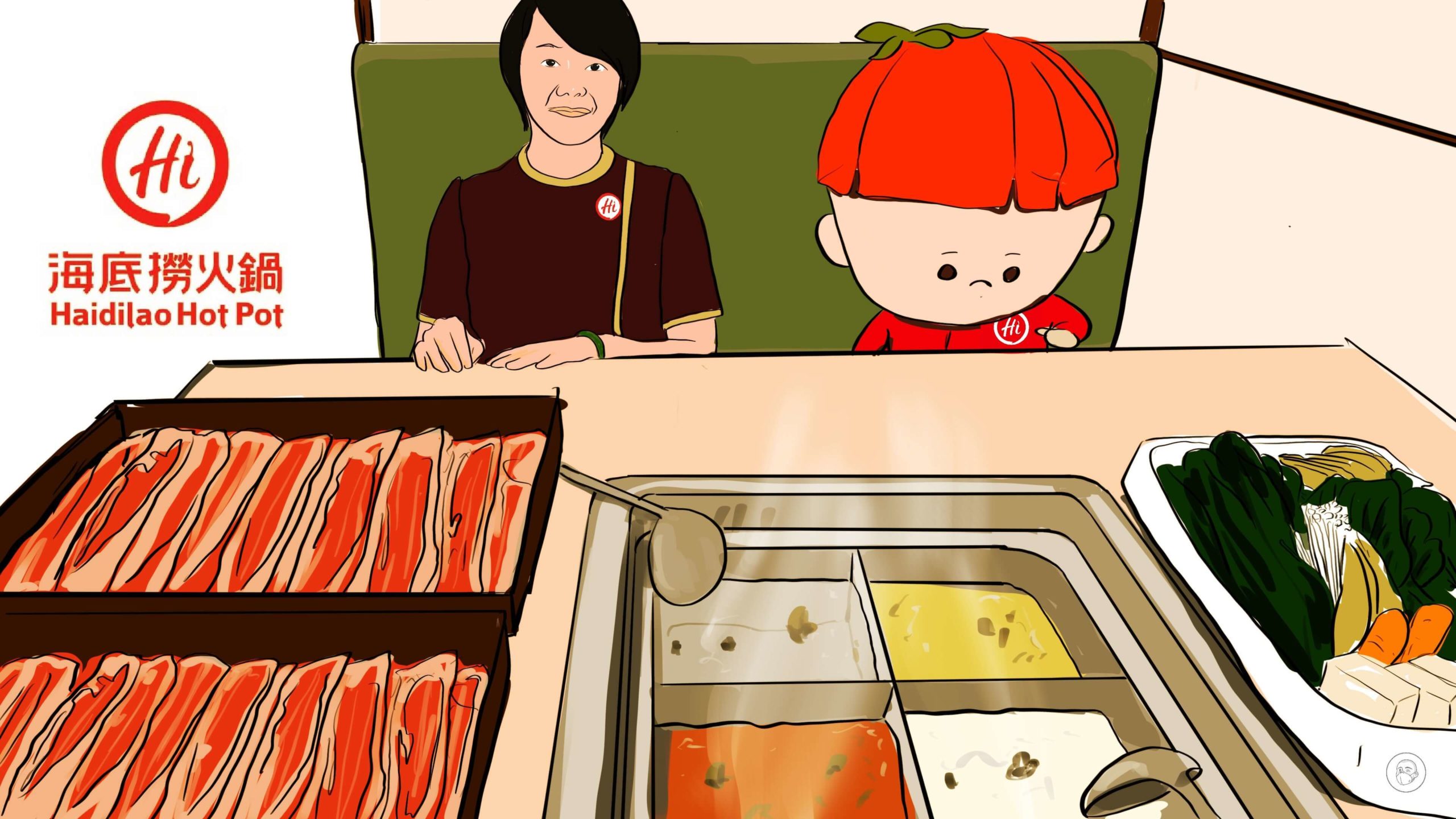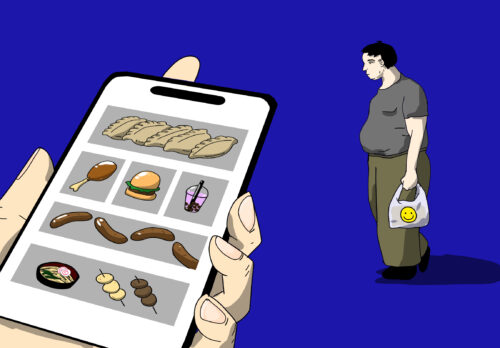The woodpecker plan: Haidilao’s strategy for hotpot restaurants in the time of COVID
The ongoing COVID-zero policy is making life very hard for China’s restaurants, including the biggest player in China’s hotpot market, Haidilao, which has announced losses for the first half of the year.

The Sichuan Province-based Hǎidǐlāo 海底捞 posted its financial report for the first half of the year in late August, reporting revenue of 16.8 billion yuan ($2.4 billion), down from over 20 billion yuan ($2.9 billion) in the same period last year, and net losses of over 267 million yuan ($38.2 million), compared to net profits of around 96.5 million yuan ($13.8 million) for the first half of 2021.
The financial report explained that the lack of profits was largely related to one-off losses associated with the company’s “woodpecker plan” (啄木鸟计划), a campaign launched in November of 2021 to close hundreds of under-performing stores. It’s called the “woodpecker plan” because woodpeckers are good at finding pests under the tree bark, and the company hopes to use the spirit of the woodpecker to find and improve “deep problems in management.”
Haidilao has claimed it will not lay off any employees as part of the plan, and that many of the closures are only temporary. The report explains that at some point in the future, the company will reopen hundreds of closed stores
After Haidilao first posted a profit warning in an exchange filing on August 14, the hashtag “Why don’t people like Haidilao anymore?” (#人们为啥不爱吃海底捞了#) started trending on social media website Weibo. Many Weibo users speculated that the restaurant’s rising prices and slipping service standards had made the chain less appealing to consumers (Haidilao raised its prices significantly in April of 2020, causing a backlash that elicited an apology from the company.) Weibo users also pointed to innovations from other chains like relative newcomer Còucòu 凑凑, founded in 2016, which offers customers the option to buy milk tea along with their hotpot.
The online discussion highlighted the crowded and dynamic nature of the hotpot market, which has changed considerably since Haidilao first began to expand nationwide in the early 2000s with its then unique attention to detail combined with low prices and innovative marketing offerings — the chain recently offered “breakup packages” to customers who had recently been dumped by their partners.
A mistimed expansion
China’s hotpot industry is highly competitive, with major nationwide chains and thousands of single-branch operations jostling for the business of the Chinese public. Major competitors to Haidilao include the chains Xiābǔ Xiābǔ 呷哺呷哺, Xiǎolóngkǎn 小龙坎, Liúyīshǒu 刘一手, and Dézhuāng 德庄. According to Chinese media reports, hotpot comprises the largest segment of China’s restaurant industry, accounting for 13.7% of the total market in 2019, more than any other category. A total of 27.9% of consumers reported in 2021 they had hotpot at least twice a week, according to a report from a Chinese consulting firm, and some estimates put the total number of hotpot restaurants in China at over 600,000. Still, many of these restaurants do not have staying power: According to the same report, around half of hotpot restaurants close within five years of opening.
China news, weekly.
Sign up for The China Project’s weekly newsletter, our free roundup of the most important China stories.
Despite closing stores and fierce competition, Haidilao remains one of the top food chains in China, and the undeniable top dog in the hotpot space. As of June 30, 2022, the company continued to operate 1,435 restaurants (including temporarily closed stores), making it among the biggest restaurant chains in China. In 2020, consulting firm Frost & Sullivan estimated Haidilao to account for 5.8% of the total revenue of China’s entire hotpot industry (Xiabu Xiabu came in second with just 1.2%). Xiabu Xiabu also posted earnings losses for the first half of 2022, indicating that Haidilao is not the only hotpot chain continuing to suffer under China’s intermittent lockdowns.
Haidilao’s woodpecker campaign is aiming to remedy the effects of an ill-timed effort to expand the chain’s presence in China in the wake of its 2018 IPO in Hong Kong, spearheaded by founder and former CEO Zhāng Yǒng 张勇. The expansions began in 2019, and then came COVID-19 and the associated lockdowns. As the company floundered, Zhang was replaced as CEO in March 2022 by Yáng Lìjuān 杨利娟, a middle school dropout who began working as a waitress at Haidilao at the age of 17 and gradually climbed the corporate ladder (she is now 43).
Despite warnings about falling profit numbers emerging from Haidilao since mid-August, investors have not fled from Haidilao’s stock in Hong Kong, with its share price rising modestly and staying strong since it first posted the August 14 profit warning. Investors may be betting on a future bounceback for Haidilao once the benefits of its downsizing begin to bear fruit.






